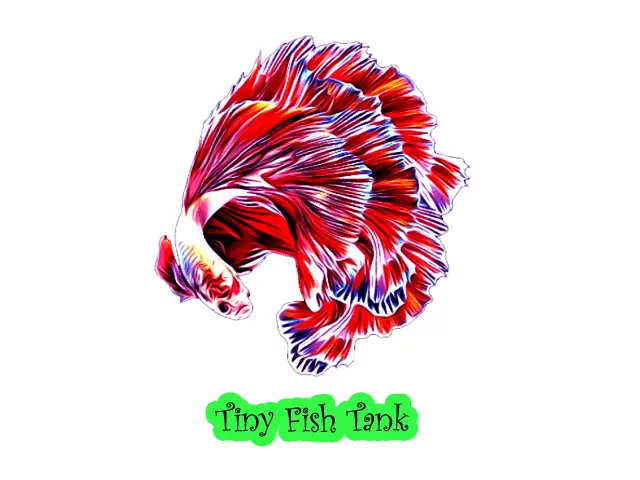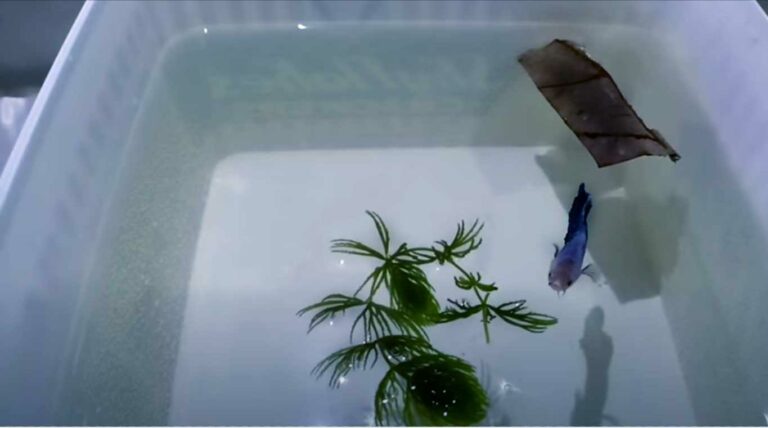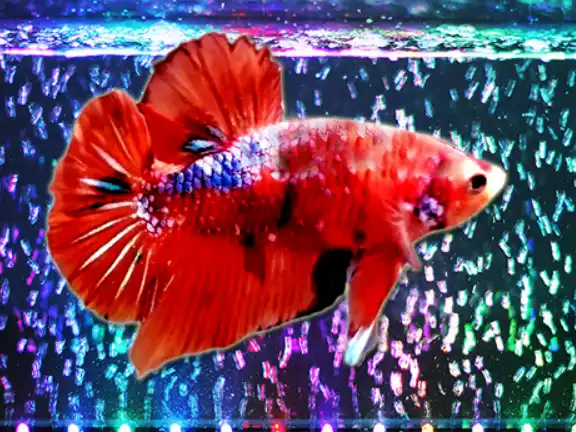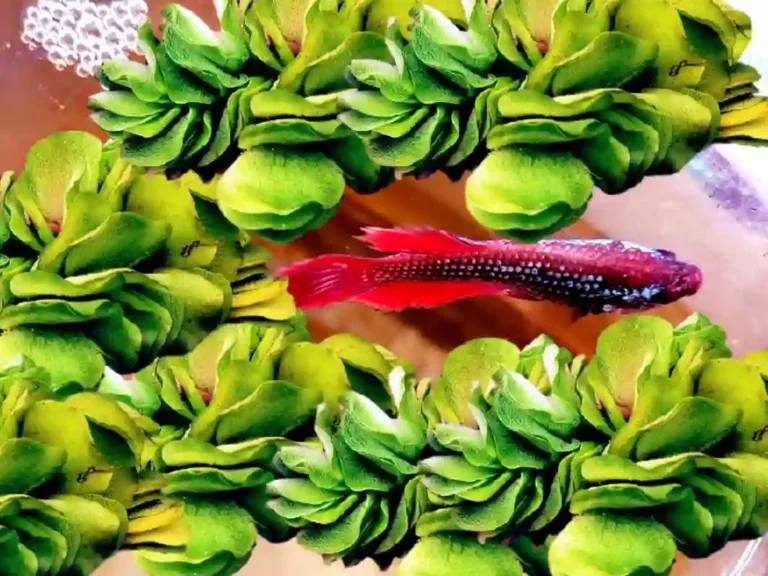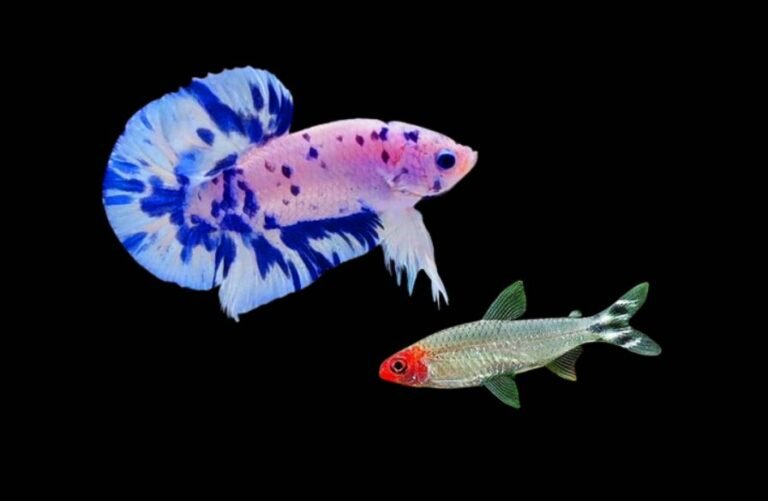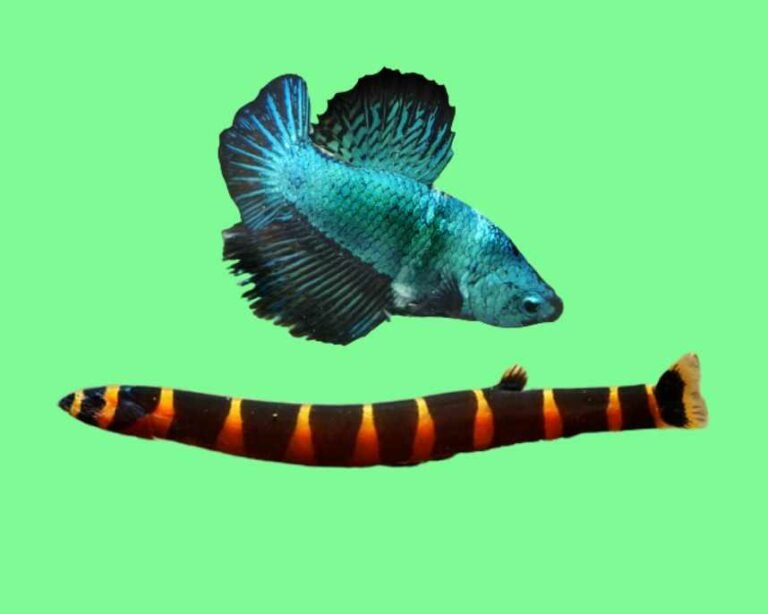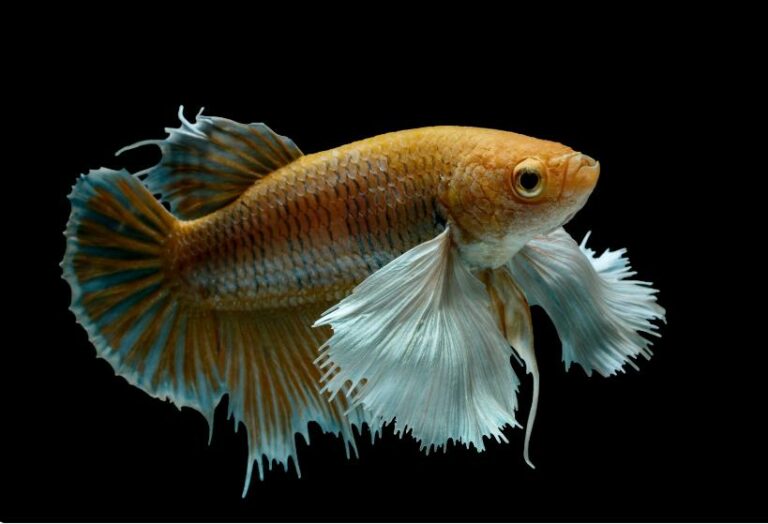Why Is My Betta Fish Not Eating Pellets?
Most of the time, people feed pellets or any other foods Betta cannot eat all at once. Simply overfeeding can be a matter of rejecting pellets and live feeds.
Why Is My Betta Fish Not Eating Pellets? The first and most common reason for your Betta not eating pellets can be that maybe Betta is not hungry. Sometimes Betta rejects pellets due to water temperature change, or they might be suffering from some illness.
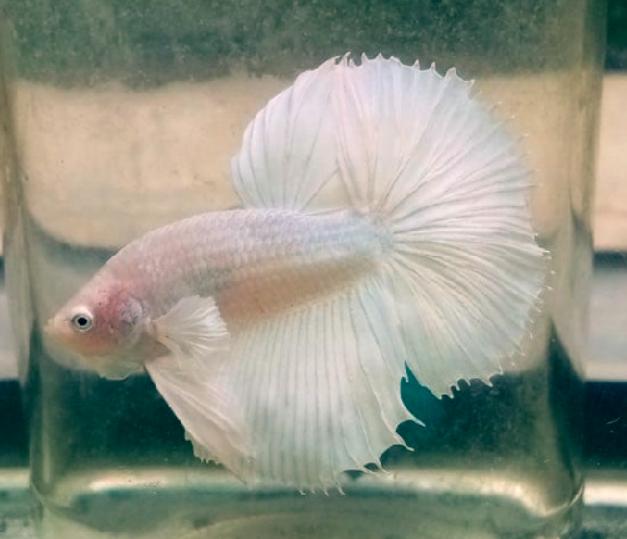
When first getting a Betta fish, it is easy to assume that they are hungry. They might be swimming slowly around your tank or sitting on their side near the water’s surface, waiting for food to appear.
But more often than not, you will find that your fish has stopped eating their pellet. Betta fishes are an active and lively species of freshwater fish made famous for their striking colors and fancy fin movements.
There are many reasons your Betta won’t eat pellets or other types of food, ranging from general health problems like liver disease to specific dietary needs like bitter foods or overfeeding.
Betta pellets are small fish food pellets specifically designed for Betta fish. There is one thing that all Betta pellets have in common, though: they’re not very tasty. So, your Betta won’t be eating them unless he’s starving.
Table of Contents
- Why does my Betta fish spit out his pellets?
- How long can a Betta fish go without eating food?
- How do I get my Betta to eat pellets?
- How many pellets to feed Betta?
- What can Betta fish eat besides pellets?
Why does my Betta fish spit out his pellets?
There can be many reasons why your Betta fish is spitting out his pellets.
- The large size of food
Fish food pellets for Betta fish should be about the size of a grain of rice. When Bettas spit out pellets, it’s typically because the pellets are larger than they should be.
In these cases, it can be helpful to feed your fish in smaller amounts more frequently. In addition, smaller pellets can be beneficial in keeping your Betta fish’s teeth healthy.
- It can be a tooth problem.
One thing that happens when your Betta fish gets a little older is its teeth start to get dull. That’s normal, and it doesn’t mean he’s done eating. As long as you keep feeding him, his teeth will continue to stay sharp.
But if he keeps spitting out his pellets, it’s likely because they’re too big to swallow. Your fish can’t swallow larger pellets because of the size of its mouth. That part of Betta’s mouth is limited in size and has a lot of nerve endings.
- Overfeeding problems
You want to avoid overfeeding Betta fish until you find a good balance between feeding your fish too little but not too much. Unfortunately, this can also be why the Betta fish spit out pellets.
How long can a Betta fish go without eating food?
A Betta fish can go without food for a few days or one or two weeks. Some Bettas have been recorded for 10 to 15 days without eating any food. So if you are thinking of leaving unattended, you have to take care of their diet accordingly.
It is advised to keep a regular check on the diet of your Betta fish if it has been two to three days without eating.
There are many reasons why Betta might not be eating, or you may have forgotten to feed the fish like you intended to. Whatever the reason, it is essential to know how long a Betta fish can go without food.
First and foremost, don’t panic if your Betta stops eating. You can do many things to encourage your fish to eat again.
However, if the Betta fish continues to not eat after a few days of not eating, you should take action and take the Betta to see a veterinarian.
How do I get my Betta to eat pellets?
First, try to give them a nutritional diet with a variety of foods items. You can use the training to get Betta fish to eat pellets. You can provide them with the snack after eating the pellets as a reward.
Make sure that the pellets are fresh and small in size to fit in their mouth. The Betta can comfortably eat the smaller-sized pellets than the larger ones.
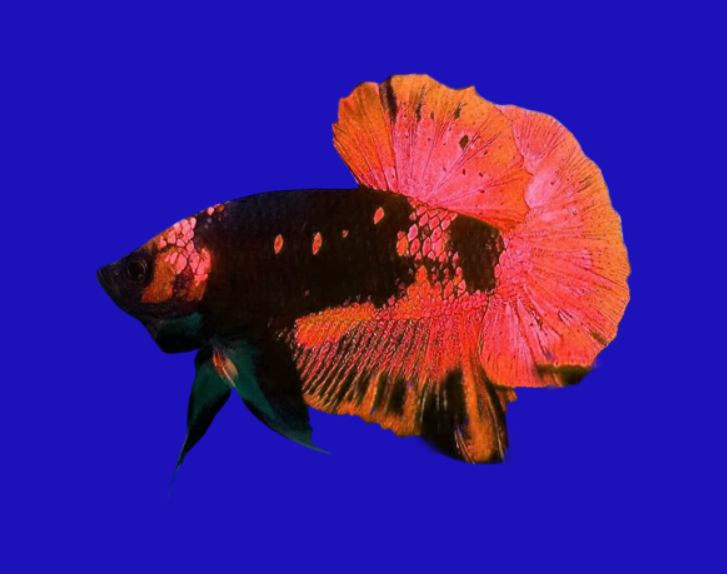
Also, maintain a routine of giving them a meal, following the daily diet schedule, and providing food on time.
Are tropical flakes good for Bettas?
The answer is no. Tropical flakes contain specific things that can be harmful to Bettas.
- Tropical flakes contain sugar, which can cause irreversible liver damage and diabetes, making it harder for them to drink and filter water.
- Tropical flakes also contain artificial dyes which are toxic to fish, small pieces of plastic that will not dissolve in the tank, and vegetable dye which can cause kidney failure.
- Tropical flakes contain many bone meals, which will cause your Betta to develop bone tumors and die.
- Tropical flakes also contain many other unknown materials, so even if you do not feed your Betta tropical flakes, he can still eat these unknown chemicals.
- Many tropical flakes sold in pet stores are dehydrated pellets that do not have any nutritional value for fish.
How many pellets to feed Betta?
You’re probably wondering how many pellets to feed Betta. You see, Bettas should be fed several times a day and watched as they are very skittish when it comes to feeding time.
Bettas need a varied diet consisting of different types of food to stay healthy and happy. It’s recommended that you feed them at least twice a day, but your Betta should be fed up to 6-8 pellets per day.
Please do not give your Betta only pellets as a food item in their daily diet. Try to bring the variation in the diet, which will be good for the overall growth of Betta.
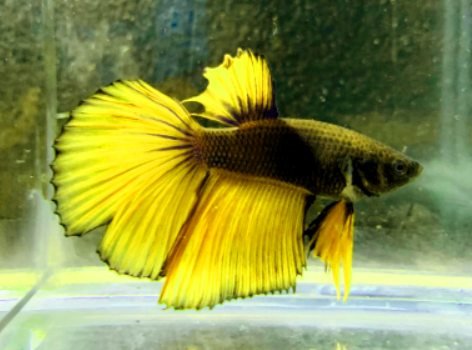
What can Betta fish eat besides pellets?
- Brine shrimps
- Monia
- tubifex worms
- vinegar eels
- Bread worms
- Mosquito Larvae
- Bread worms
- White worms
Most Betta fish require pellets to live. But there is other food too made up of a balanced mixture of different types of food that the fish can eat, such as cereal, freeze-dried blood worms, or other swimming insects.
Using various food sources to give your fish the best nutrition they need will thrive and become much healthier. Betta fish will eat almost anything, provided it is small enough for them to swallow it.
While most people feed their Betta fish pellets, you can also provide your fish with live foods like brine shrimp and bloodworms.
Live foods are very nutritious. However, they require a bit of special care to keep them alive.
You should also be careful in selecting the kind of water for Betta.
If you provide your fish with poor water quality or the temperature is too high, your Betta fish may die.
Related Articles :-
https://www.tinyfishtank.com/can-betta-fish-live-with-cardinal-tetras/
https://www.tinyfishtank.com/can-pictus-catfish-live-with-bettas/
https://www.tinyfishtank.com/can-rummy-nose-tetra-live-with-a-betta/
https://www.tinyfishtank.com/how-do-you-trim-a-bettas-tail/
https://www.ripleys.com/weird-news/the-science-of-vinegar-eels/
